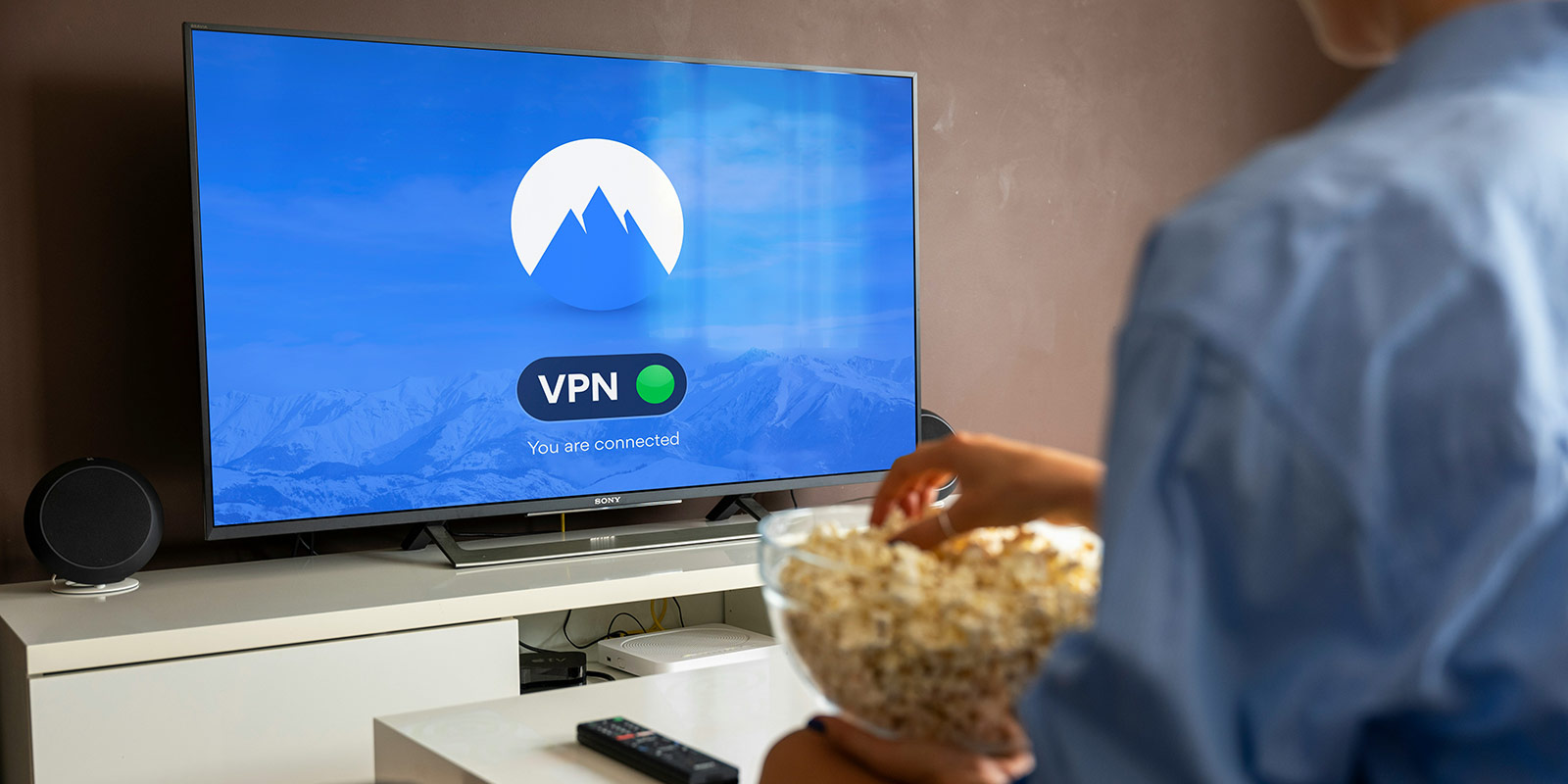What is VPN - comprehensive guide
Unlock secure, private, and unrestricted internet access with a VPN

Summary
Introduction How VPN Works Types of VPNs Benefits of Using a VPN Choosing the Right VPN Setting Up a VPN Common Misconceptions About VPNs ConclusionIntroduction
A Virtual Private Network (VPN) is a service that allows you to connect to the internet securely and privately by routing your connection through a server that hides your online activity. VPNs are widely used by individuals and organizations to protect sensitive data, maintain privacy, and access restricted content.
How VPN Works
When you connect to a VPN, it creates a secure, encrypted tunnel between your device and the VPN server. All your internet traffic is routed through this tunnel, making it difficult for anyone to monitor or intercept your data. Here’s a step-by-step breakdown of how VPN works:
- You connect to the internet via your Internet Service Provider (ISP) as usual.
- You then initiate a VPN connection using a VPN client on your device.
- The VPN client encrypts your data and sends it to the VPN server.
- The VPN server decrypts your data and forwards it to the destination (e.g., a website).
- Responses from the destination go back through the VPN server, are encrypted, and sent back to your device.
- Your VPN client decrypts the data so you can read and interact with it.
Types of VPNs
There are several types of VPNs, each designed for specific use cases:
- Remote Access VPN Allows individual users to connect to a private network remotely. Commonly used by remote workers.
- Site-to-Site VPN Connects entire networks to each other, typically used by businesses with multiple office locations.
- Personal VPN Used by individuals to secure their internet connection and protect privacy.
Benefits of Using a VPN
Using a VPN provides numerous advantages, including:
- Privacy and Anonymity A VPN hides your IP address and encrypts your data, making it difficult for third parties to track your online activities.
- Security VPNs protect your data from hackers and other cyber threats, especially on public Wi-Fi networks.
- Access to Restricted Content You can bypass geographical restrictions and access content that may be blocked in your region.
- Safe Remote Access For businesses, VPNs enable secure remote access to internal networks and resources.
Choosing the Right VPN
When selecting a VPN, consider the following factors:
- Security Features Look for strong encryption, a no-logs policy, and additional security features like a kill switch.
- Speed Ensure the VPN provides fast and stable connections to avoid slowdowns.
- Server Locations More server locations can offer better performance and more options for bypassing geo-restrictions.
- Usability Choose a VPN with a user-friendly interface and good customer support.
- Cost Compare pricing plans and choose one that offers good value for the features provided.
6 Interesting Stats About VPNs
- Approximately 26% of all internet users have used a VPN at some point in their lives, with usage rates higher in countries with stricter internet censorship and surveillance.
- The global VPN market was valued at approximately $31 billion in 2020 and is expected to reach around $77 billion by 2026, growing at a compound annual growth rate (CAGR) of 16.5%.
- Around 35% of VPN users access the service through their mobile devices, reflecting the increasing importance of mobile security and privacy.
- Over 50% of VPN users use the service to access better entertainment content, indicating the significant role of VPNs in bypassing geo-restrictions on streaming platforms.
- During the COVID-19 pandemic, VPN usage for business purposes increased by 124%, highlighting the essential role of VPNs in enabling secure remote work environments.
- A survey revealed that 64% of VPN users primarily use the service to protect their online privacy and anonymity, demonstrating the growing awareness and concern over data security and surveillance.
Setting Up a VPN
Setting up a VPN is usually straightforward, but it can vary depending on the device and operating system you are using. Here are general steps to set up a VPN:
- Choose a VPN provider Select a reputable VPN service that fits your needs.
- Download and install the VPN app Most VPN providers offer apps for various devices and operating systems.
- Sign in Open the app and sign in with your account credentials.
- Connect to a server Choose a server location and connect to it. Your internet traffic will now be routed through the VPN server.
- Configure settings (optional) Adjust any settings to your preference, such as enabling a kill switch or choosing specific protocols.
Common Misconceptions About VPNs
Despite their popularity, there are several misconceptions about VPNs:
- VPNs make you completely anonymous While VPNs enhance privacy, they do not make you completely anonymous. Your VPN provider can still see your activities.
- VPNs are only for tech-savvy people Modern VPN services are designed to be user-friendly and accessible to everyone.
- All VPNs are the same VPNs vary widely in terms of security, speed, and features. It’s important to choose a reputable provider.
- Using a VPN is illegal VPNs are legal in most countries, although some regions may restrict or ban their use.
Conclusion
A VPN is a powerful tool for enhancing your online security and privacy. Whether you're an individual looking to protect your personal information or a business ensuring safe remote access for employees, understanding how VPNs work and the benefits they offer is crucial. Choose the right VPN service to suit your needs and enjoy a safer, more private internet experience.
For more detailed information on VPNs, you can visit the following resources:


